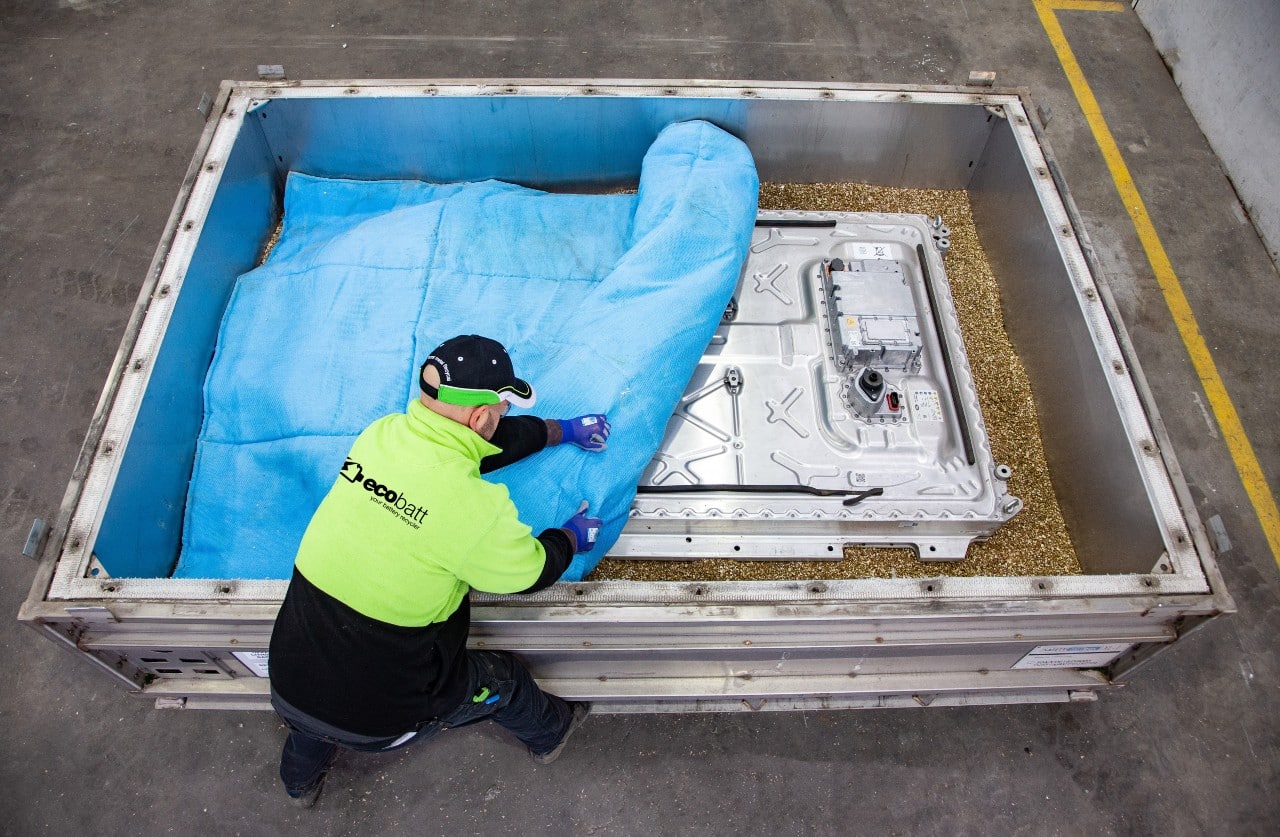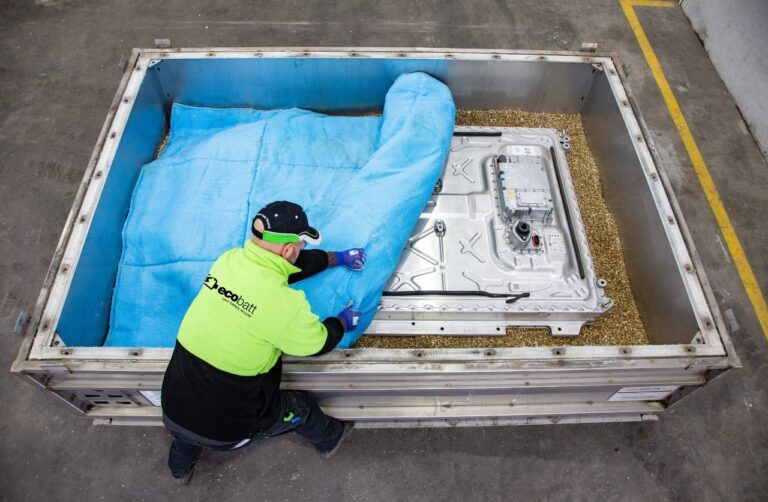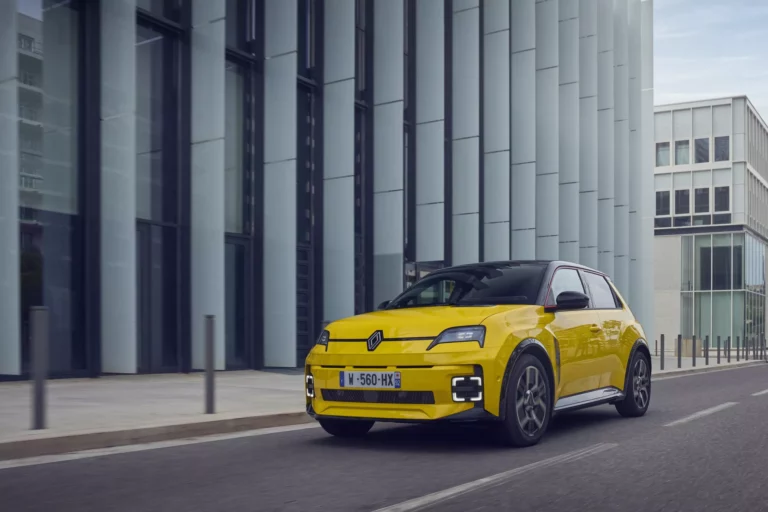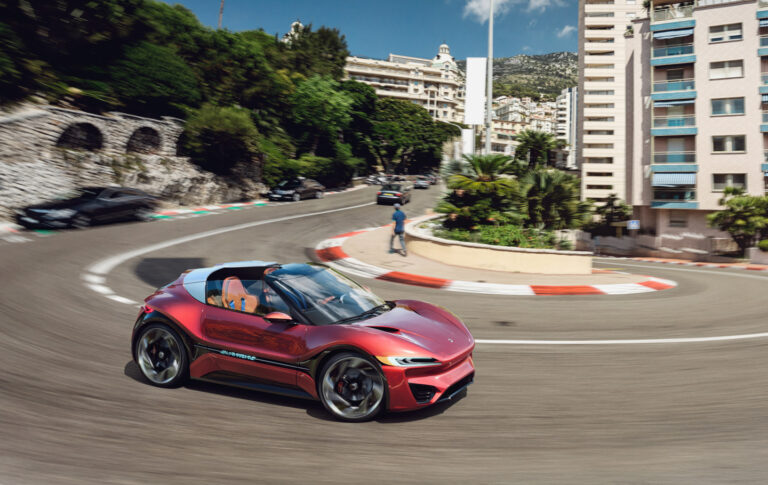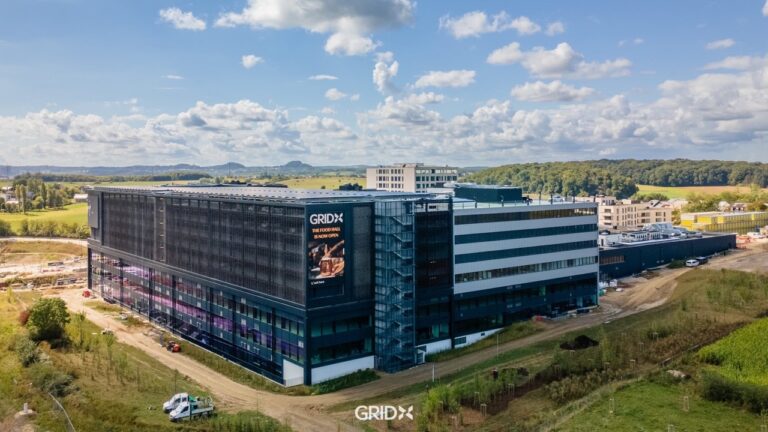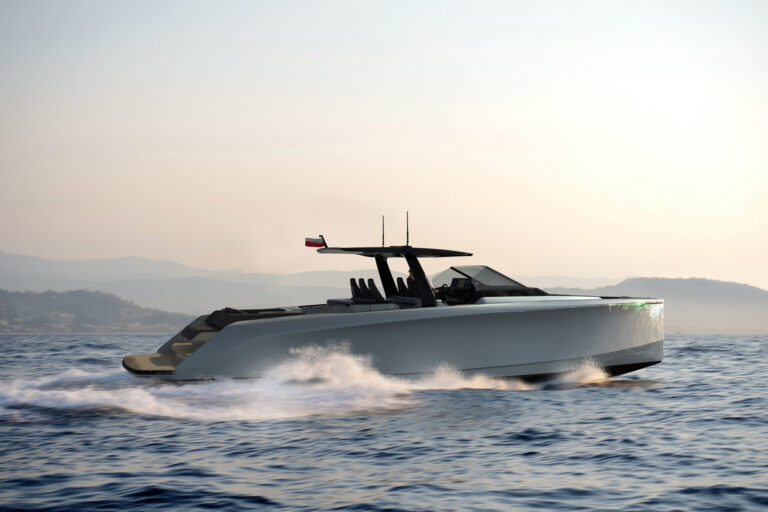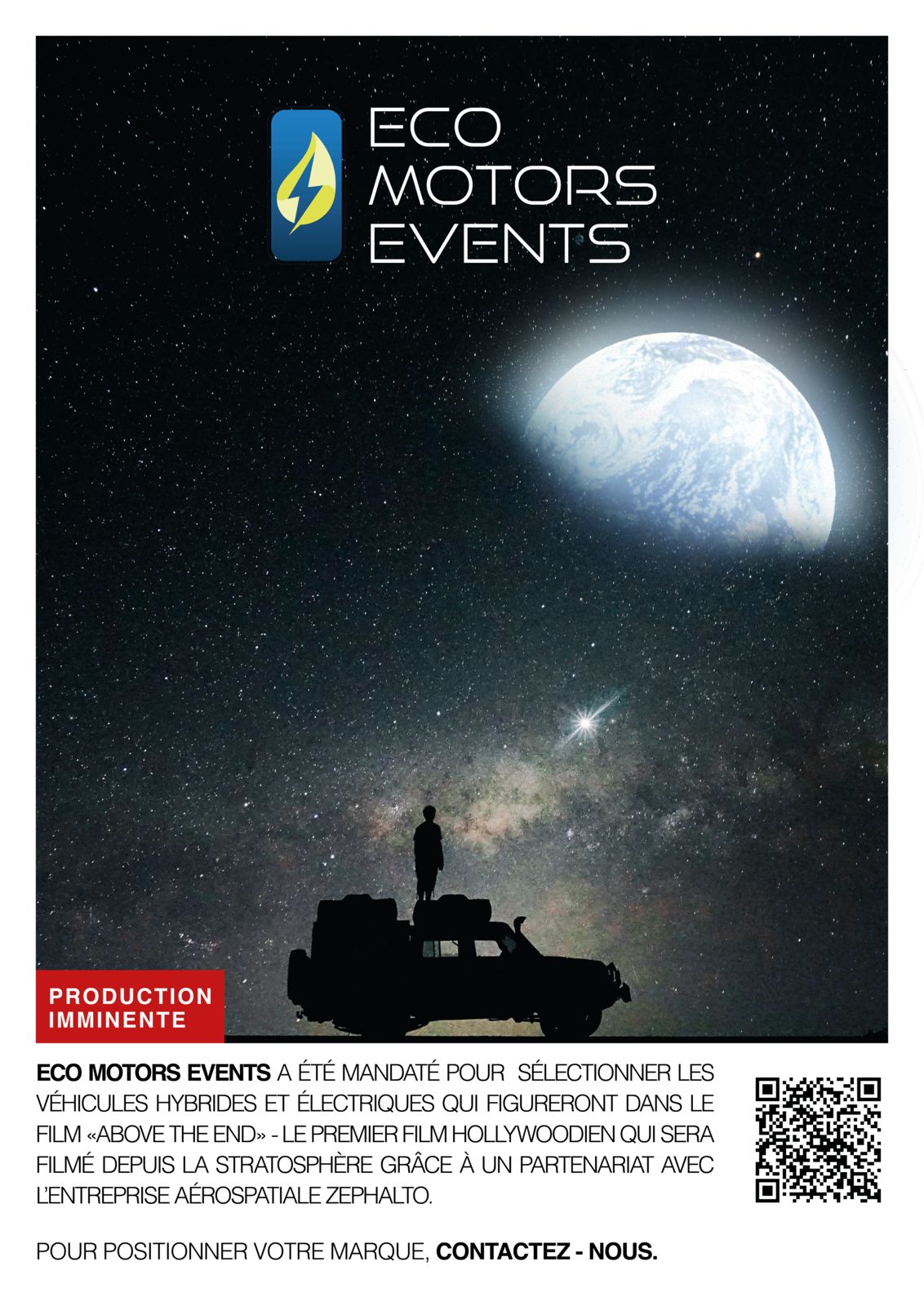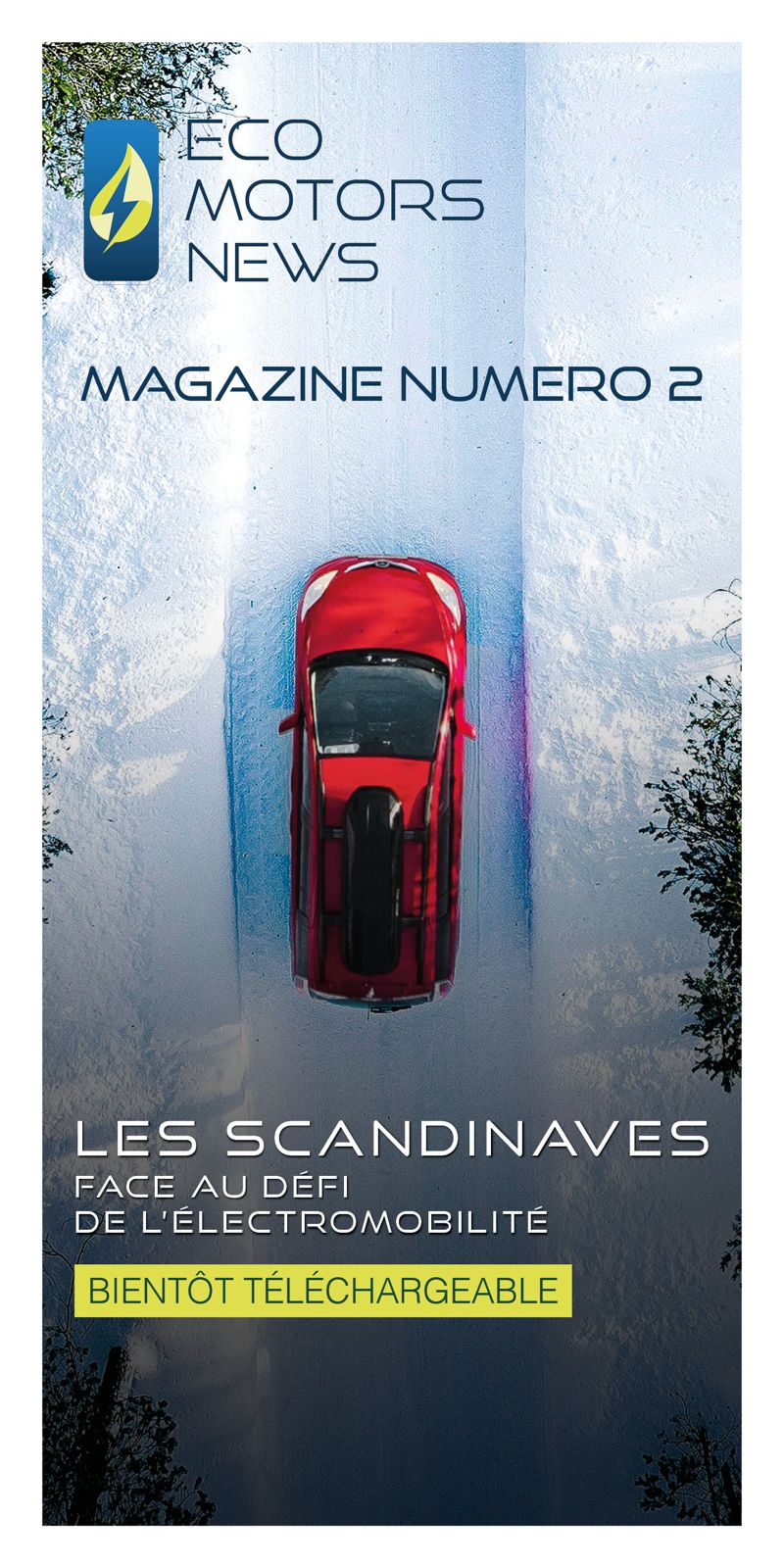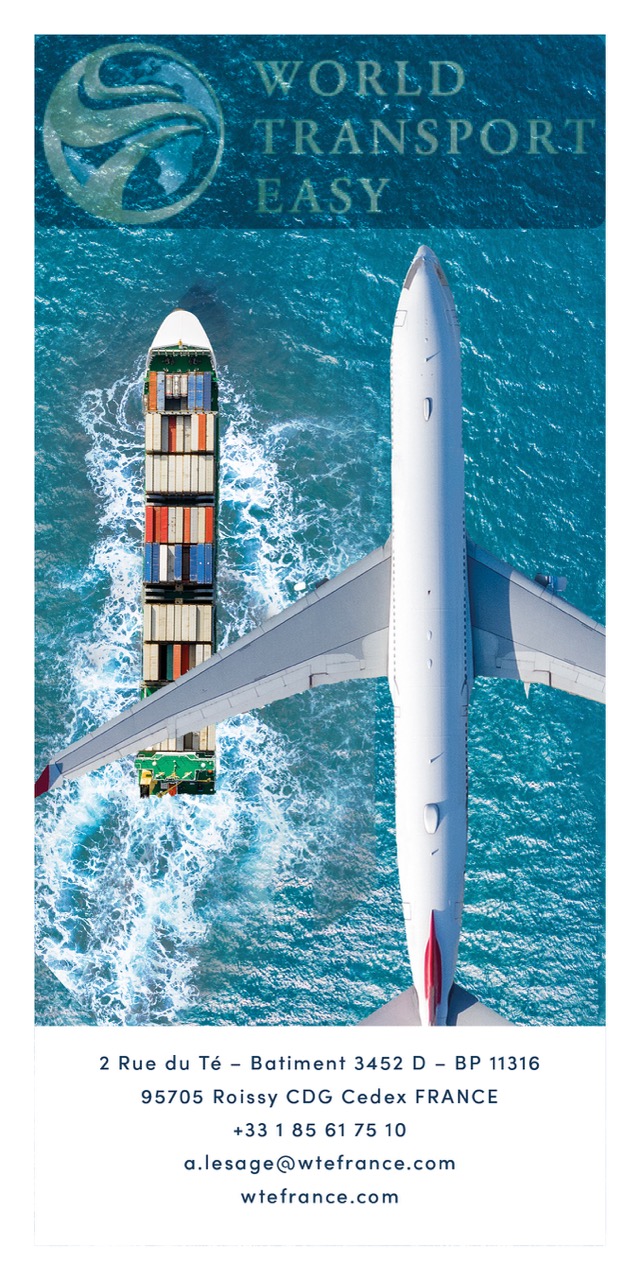On 28 October 2025, BMW Group announced the launch of an EV battery recycling programme in Australia, in partnership with local company EcoBatt. This is a major step forward in the sustainable management of electric vehicle batteries.
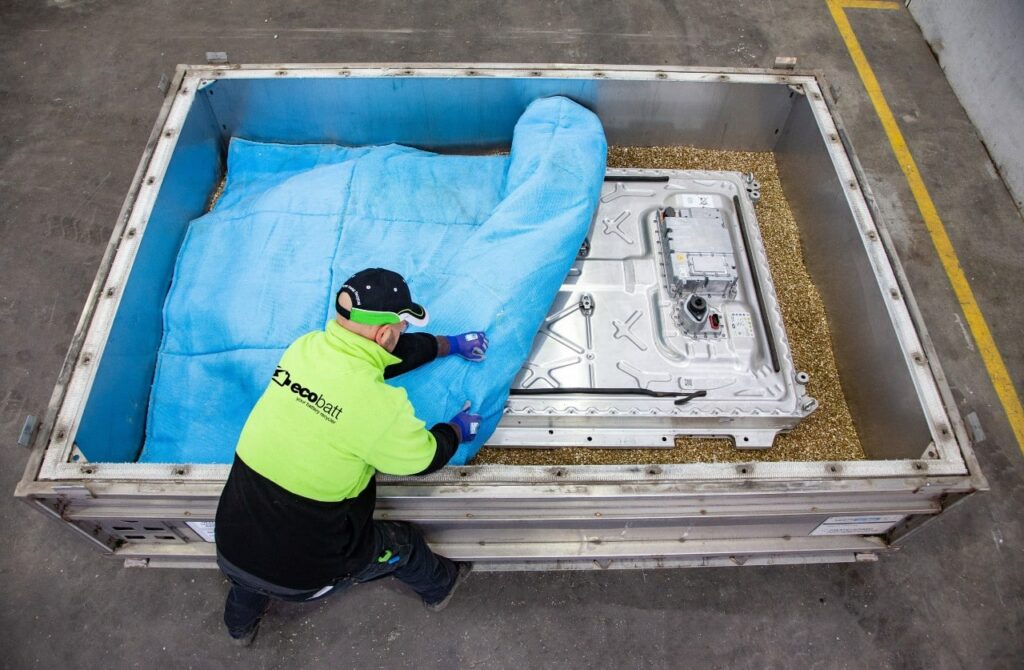
A concrete partnership between BMW and EcoBatt
The essence of the project is based on the new BIDS (Battery-in-Device Shredding) plant, inaugurated last September and located in Campbellfield. This plant, the first in the world capable of shredding batteries integrated into devices, is capable of processing up to 5,000 tonnes of batteries a year.
The German carmaker and EcoBatt have joined forces to give a second life to end-of-life or damaged batteries from BMW and Mini electric models. Collected via the BMW dealer network, the process recovers over 90% of the critical materials: lithium, cobalt, nickel, manganese and graphite. Once these metals have been purified, they can be re-injected into the manufacture of new batteries, closing the life cycle loop.
Why this partnership?
The global battery market is facing growing demand and supply tensions over rare metals. By developing a high-performance recycling chain, BMW aims to anticipate a possible rise in costs and reduce its dependence on external supplies.
But that’s not the only reason. The electromobility sector is distinguished by its ever cleaner ethos. And in this game, manufacturers are pulling out all the stops. In this sense, the German brand wants to stand out from its premium rivals (Tesla, Mercedes, Porsche) by positioning itself as a responsible player, capable of combining performance with environmental awareness.
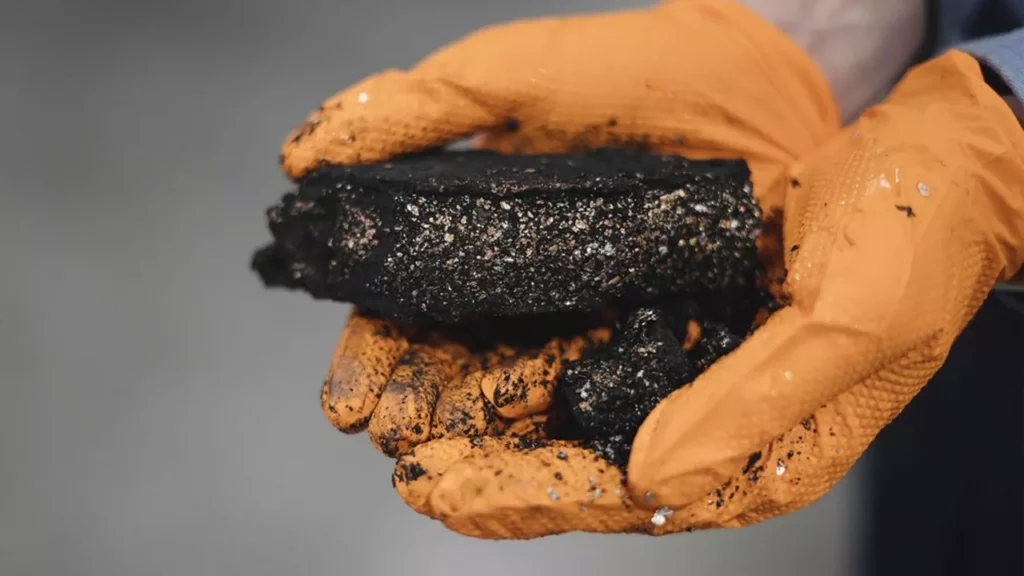
Battery recycling, a virtuous process
It’s no secret that producing a new battery is the most energy-intensive stage in the life cycle of an electric vehicle. Extracting lithium, cobalt or nickel involves costly and polluting mining processes, often located thousands of kilometres from the assembly sites.
To drastically reduce the carbon footprint of the electrical industry, the recycling stage is welcome. In fact, reusing metals extracted from a first life enables the CO₂ emissions linked to the manufacture of a new battery to be divided by two to three. Rare metals are also put under less pressure.
In practical terms, the process begins by completely discharging the batteries, before dismantling and mechanically crushing them. The result is a black powder called « black mass », a material rich in precious metals. It is then refined to extract the metals and other usable elements, which are then returned to the production lines. According to BMW, over 90% of metals (cobalt, nickel, lithium) can be recovered and reused in this way.
BMW, a pioneer in recycling
This is not the manufacturer’s first attempt at battery recycling. In Germany, the company has a long-term partnership with SK tes to recover rare metals (cobalt, nickel, lithium) from used batteries. As with the Australian project, the materials are reintegrated into the supply chain to produce new batteries.
BMW has had its own recycling centre for 30 years. Many vehicles are recycled there every year. The brand is also working with universities to develop new methods for recycling electric vehicle batteries.
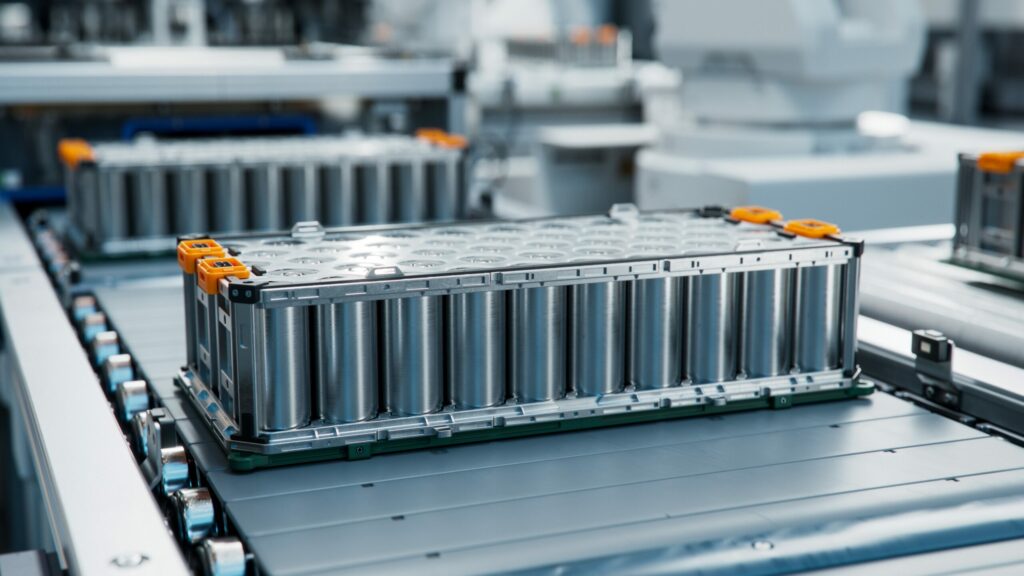
A rapidly expanding Australian market
According to an official study by the University of Technology Sydney (UTS), commissioned by the Battery Stewardship Council (BSC): by 2030, there will be 600,000 tonnes of batteries in electric vehicles sold in Australia. By 2040, this figure will rise to more than 2.5 million tonnes, then to 4.1 million tonnes by 2050.
This exponential growth makes recycling a strategic sector as much as an ecological issue. BMW is therefore positioning itself in this fast-changing market, destined to become crucial in the circular economy of electric mobility.
In a sector still dominated by the race for autonomy and power, BMW is also banking on a sector that is set to grow: the second life of our batteries. It remains to be seen whether these technologies will be enough to drastically reduce the costly extraction of rare metals.

